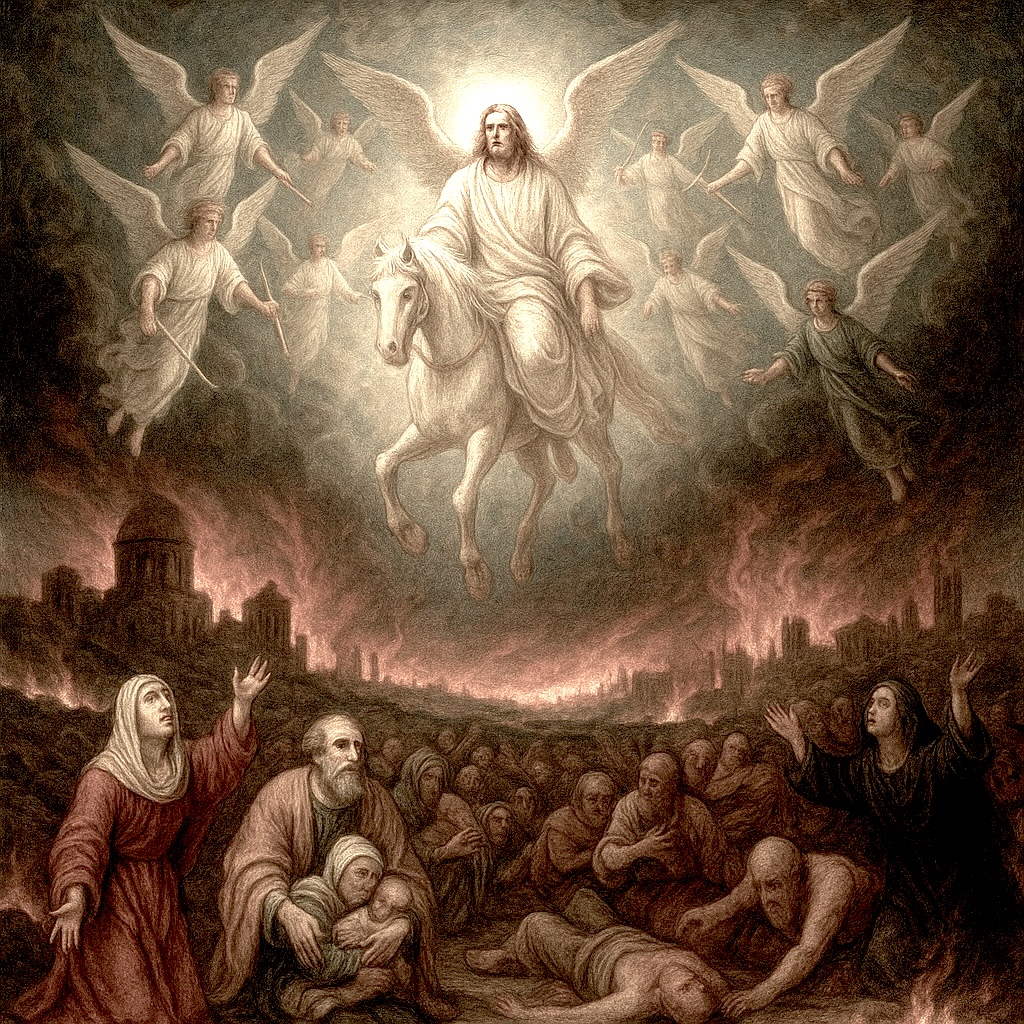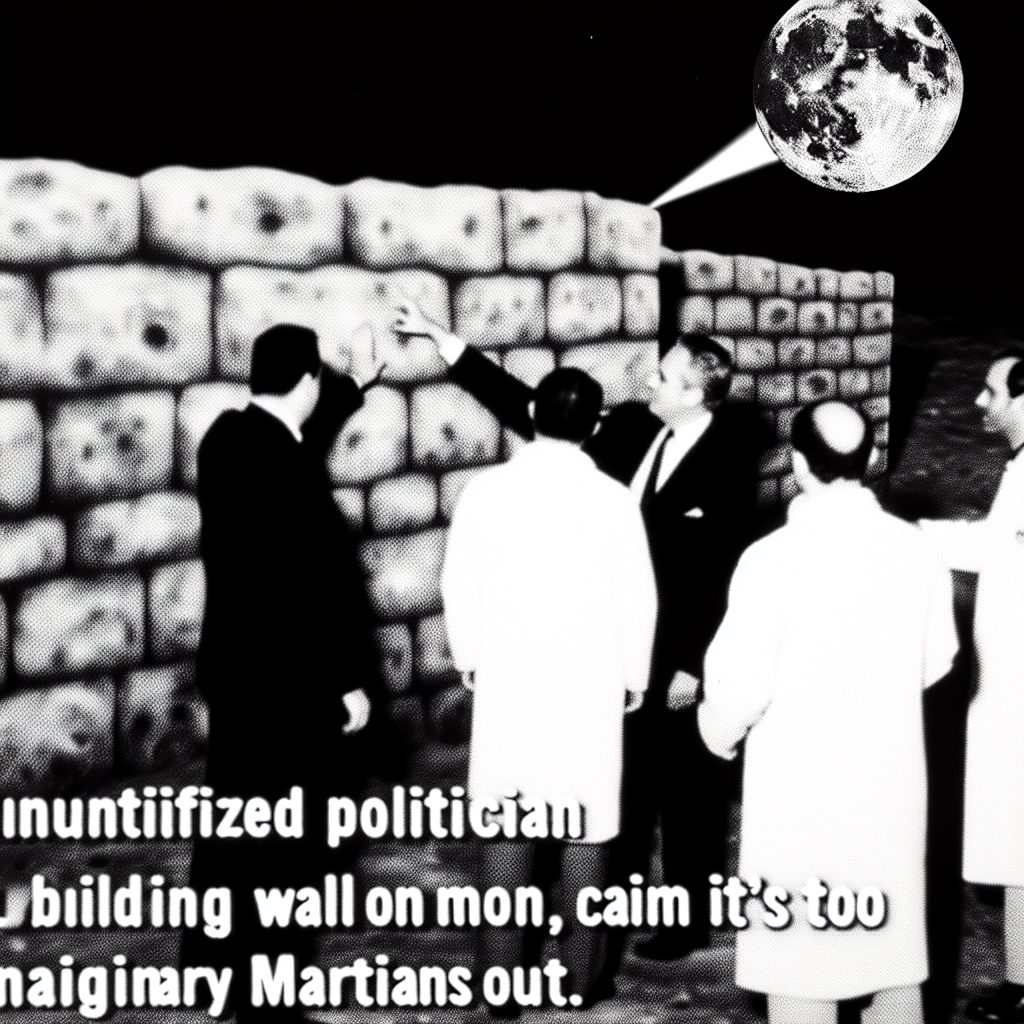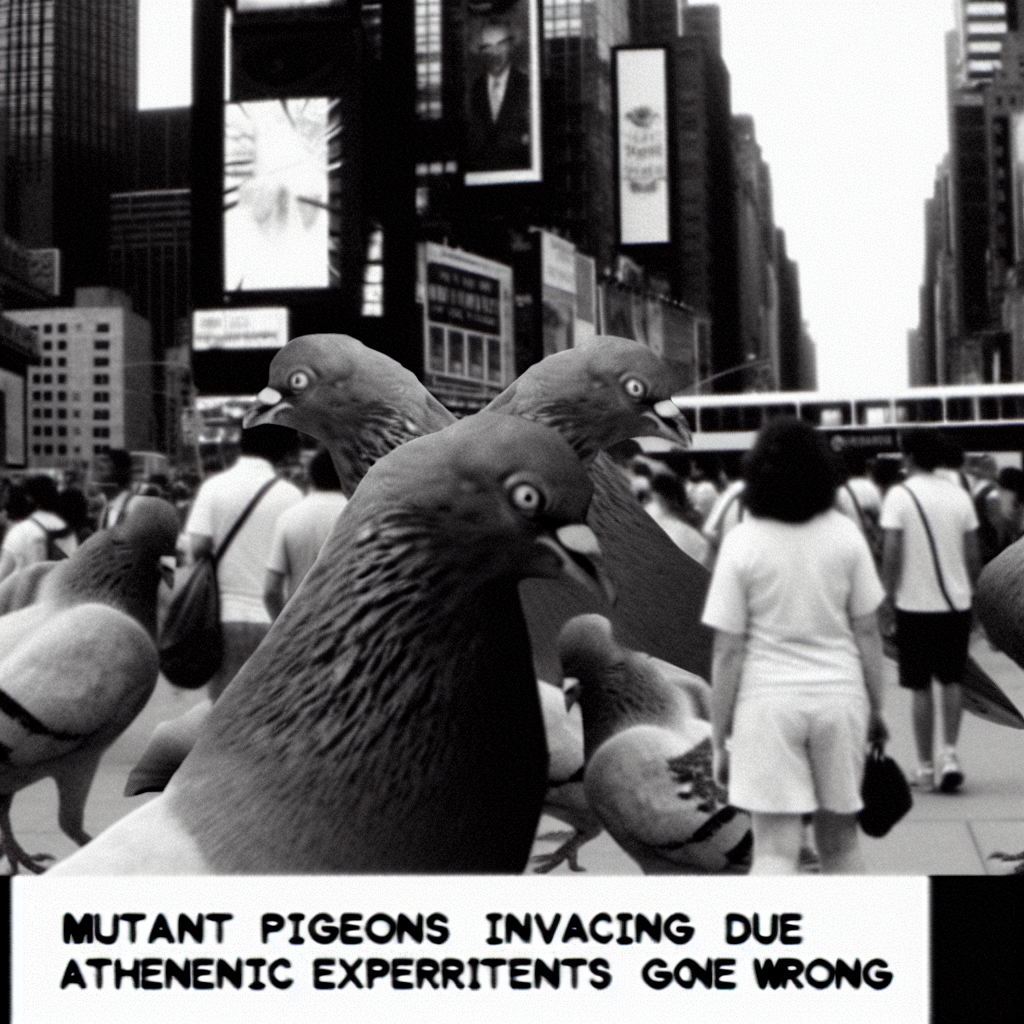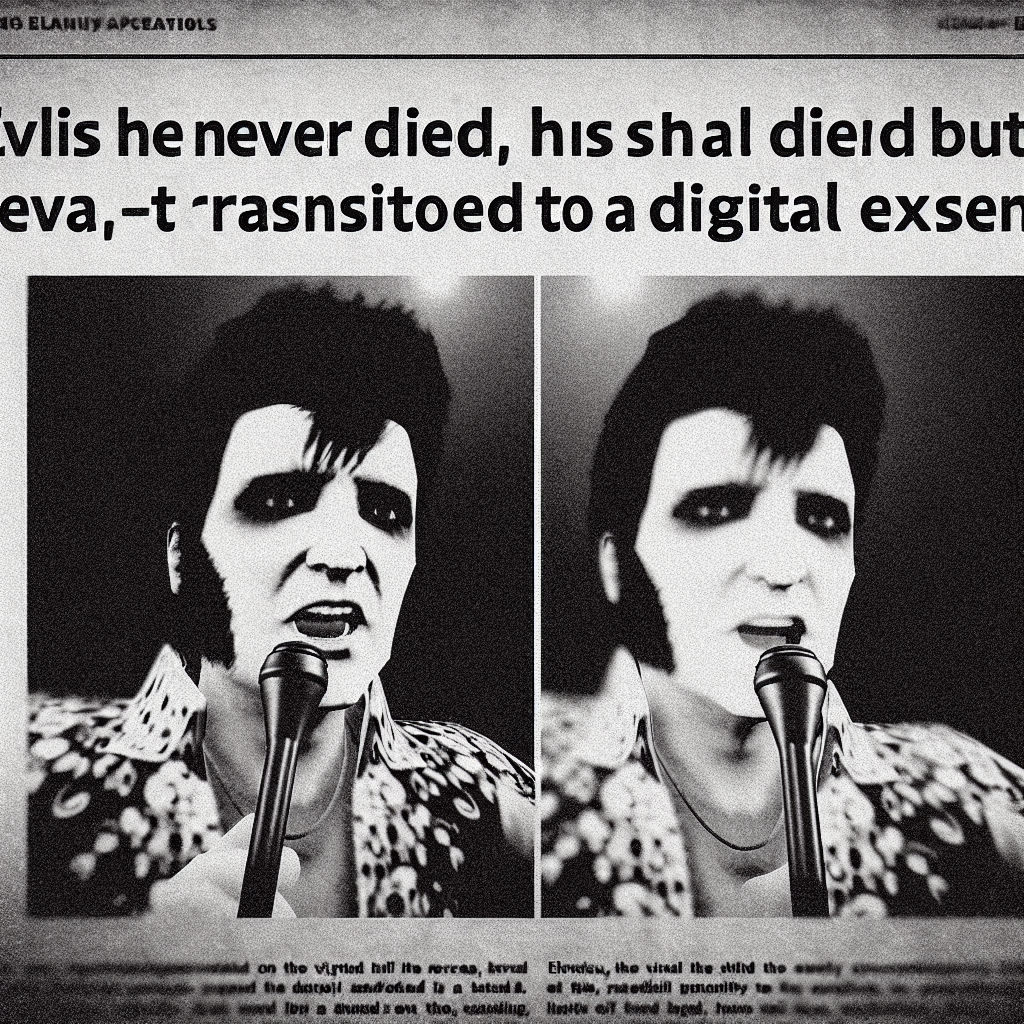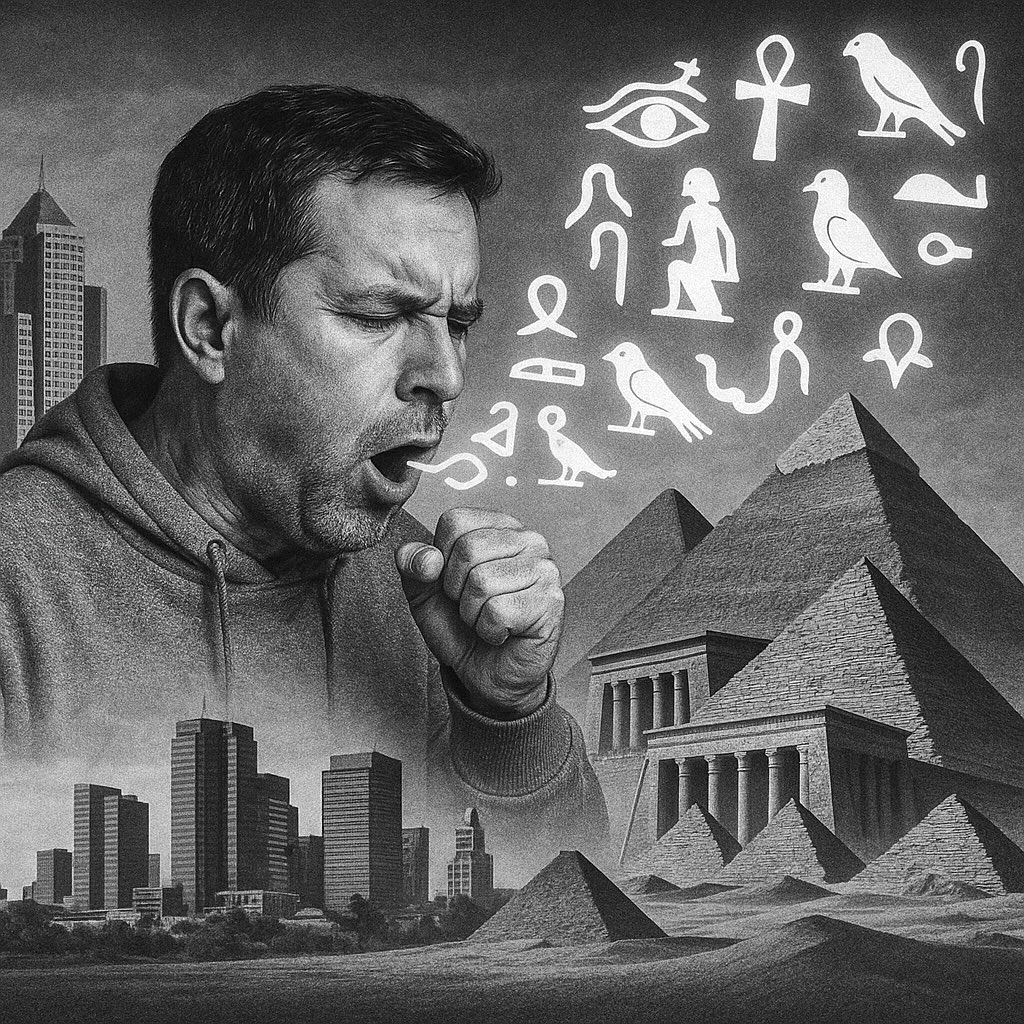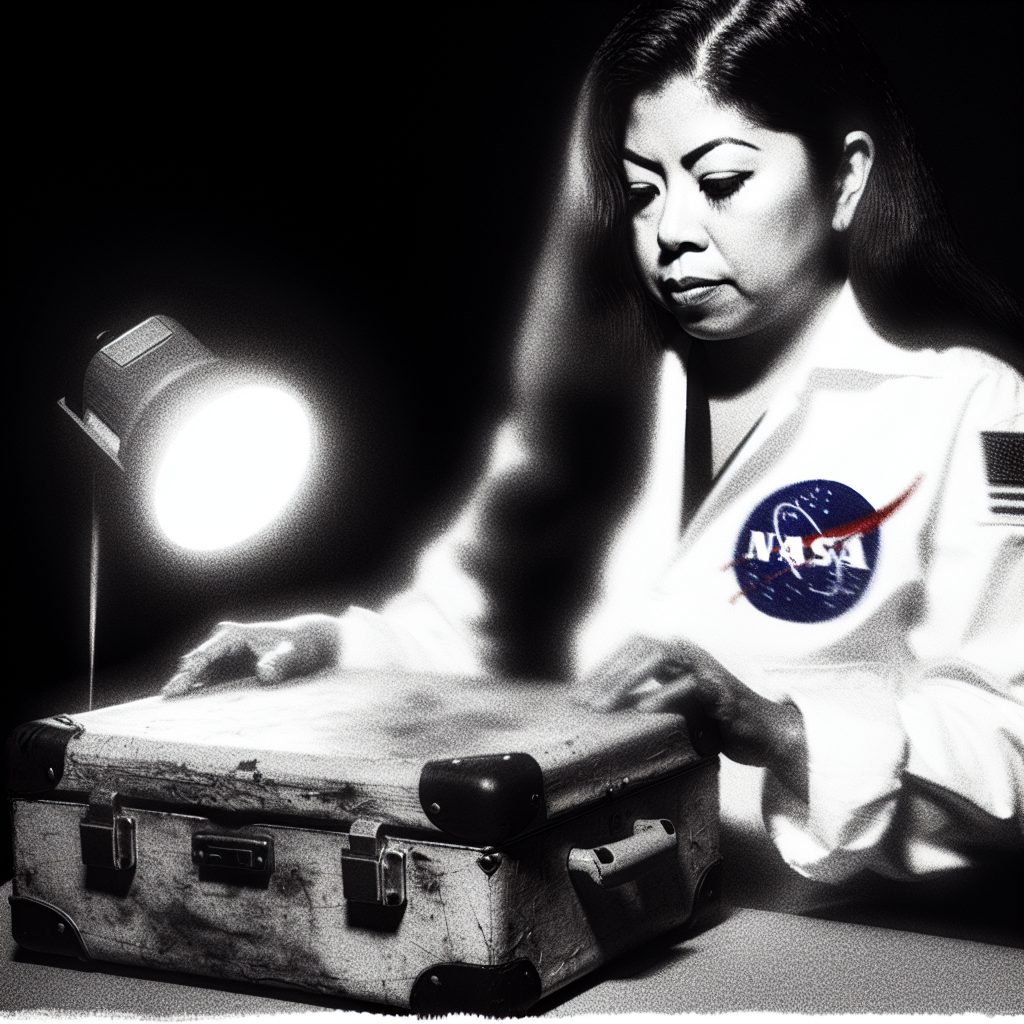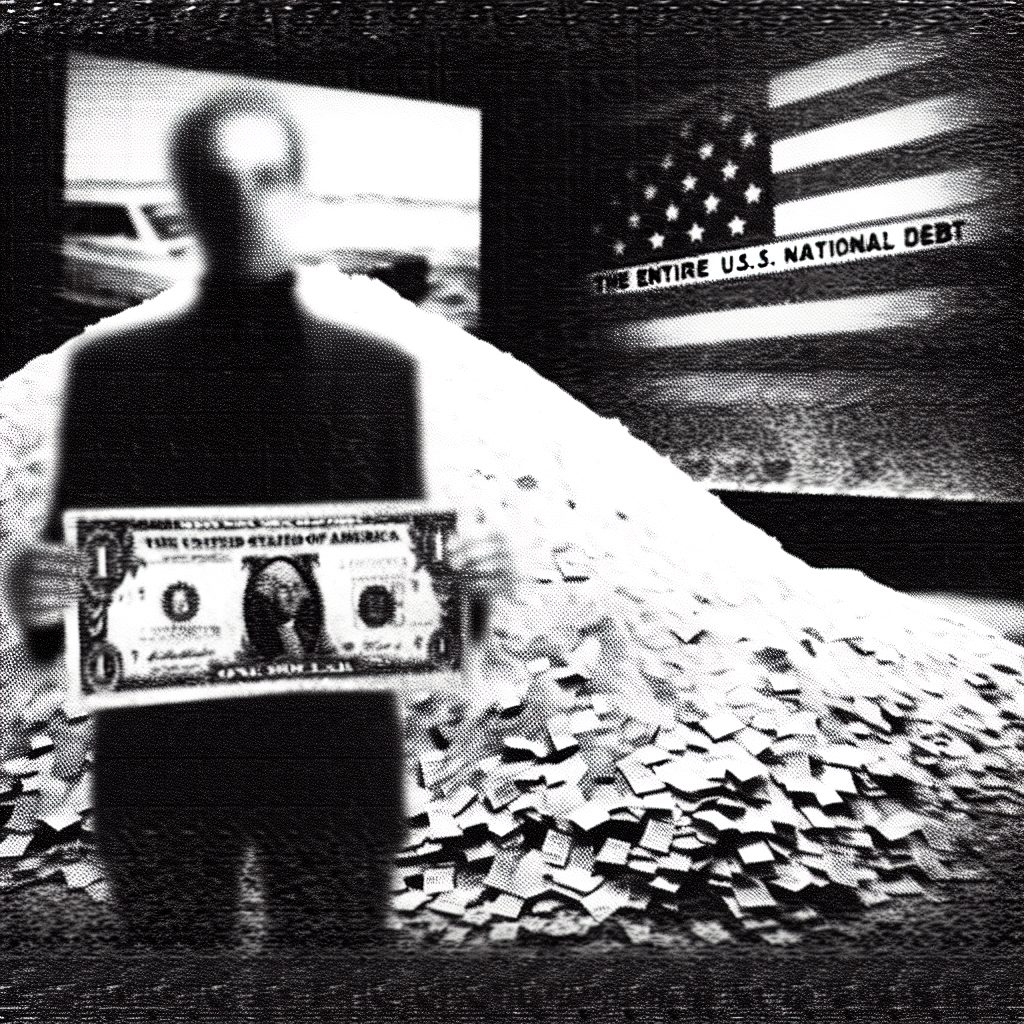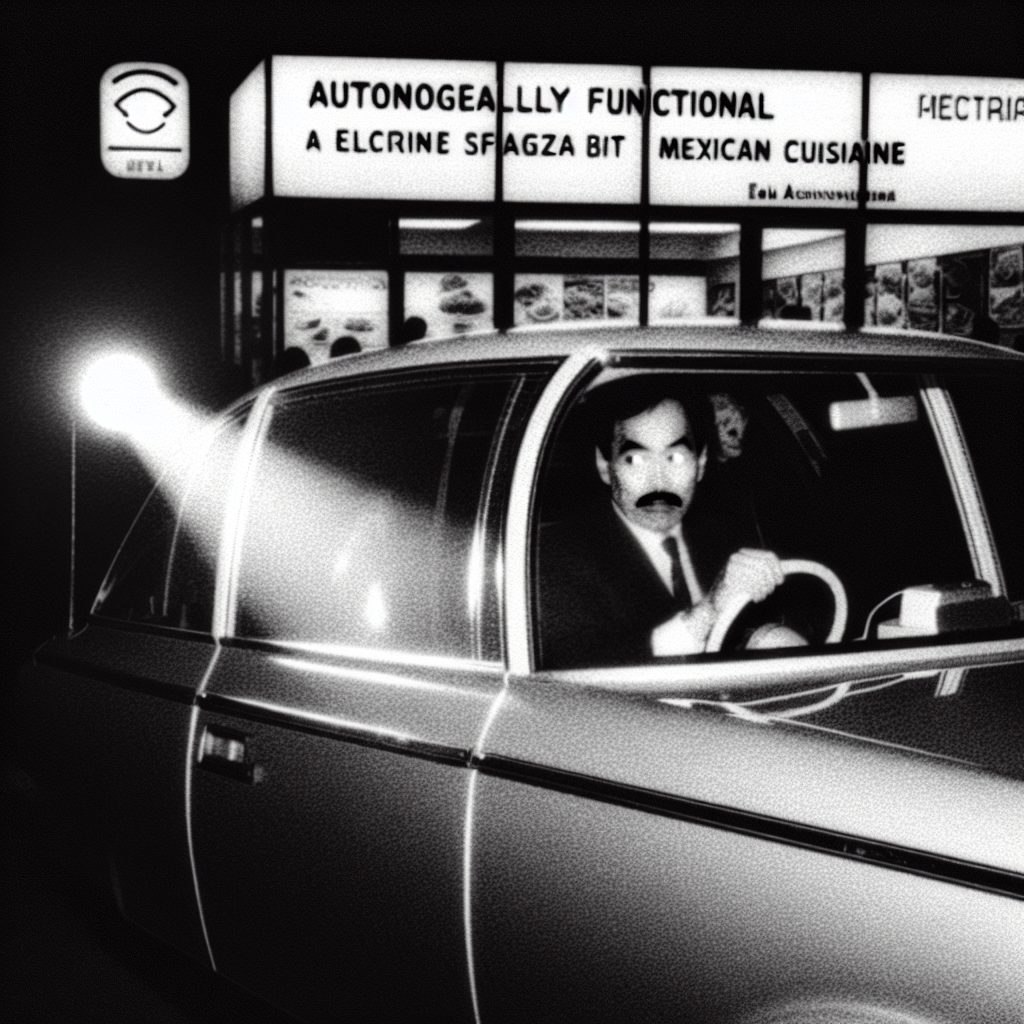Cough from new COVID variant unlocks hidden memories
Man remembers being Cleopatra’s bodyguard
PHOENIX, AZ – A bizarre new symptom from the latest COVID variant has left medical experts scrambling for answers after a local man claims his persistent cough triggered vivid memories of a past life serving as a bodyguard to the legendary Egyptian queen Cleopatra over 2,000 years ago.
Marcus Henley, 42, a Phoenix insurance adjuster, first noticed something unusual when he contracted what doctors believe to be the newest strain of the coronavirus three weeks ago. While his other symptoms – fever, fatigue, and body aches – followed typical patterns, his dry, hacking cough seemed to trigger something far more extraordinary.
“At first, I thought it was just weird dreams from the fever,” Henley told reporters from his suburban home, still recovering from the illness. “But every time I had a coughing fit, these incredibly detailed memories would flood back. I could smell the incense in Cleopatra’s palace, feel the weight of my bronze sword, and remember conversations in ancient Egyptian – a language I’ve never studied.”
The memories, according to Henley, are startlingly specific. He recalls being named Khenti, standing guard outside the queen’s chambers during secret meetings with Roman dignitaries, and even remembers the taste of pomegranate wine served at royal banquets. Most disturbing of all, he claims to vividly recall the night of Cleopatra’s death in 30 BCE.
“I was there when she died,” Henley insists, his voice dropping to a whisper. “The asp bite story is completely wrong. She took poison, and I helped carry her to the mausoleum. The coughing fits bring it all back like I’m living it again.”
Dr. Elena Rodriguez, a neurologist at Phoenix Medical Center who has been studying unusual COVID symptoms, admits she’s never encountered anything quite like Henley’s case. However, she suggests there might be a scientific explanation lurking beneath the seemingly supernatural occurrence.
“We’re discovering that COVID-19 affects the brain in ways we’re still trying to understand,” Dr. Rodriguez explained. “The virus can cause inflammation in areas responsible for memory formation and retrieval. It’s theoretically possible that this neurological disruption could be unlocking dormant genetic memories or activating parts of the brain that normally remain silent.”
Government sources, speaking on condition of anonymity, reveal that Henley’s case is not isolated. At least seventeen other individuals across the country have reported similar “past life memories” triggered by coughs from the new variant. The cases are being quietly investigated by a joint task force involving the CDC and undisclosed federal agencies.
What makes these cases particularly unsettling is the historical accuracy of many reported memories. Three separate individuals, unknown to each other, have provided identical descriptions of daily life in medieval castles. Another woman in Oregon claims her COVID cough revealed memories of being a Viking warrior, complete with detailed knowledge of 9th-century Norse sailing techniques that historians have verified as accurate.
“The implications are staggering,” warns Dr. Marcus Webb, a geneticist who has been consulting on the cases. “If this virus is somehow accessing genetic memory – information passed down through our DNA from ancestors – we could be looking at the most significant discovery in human history. Or the most terrifying.”
Intelligence sources suggest that foreign adversaries may have developed this strain as a form of psychological warfare, designed to destabilize American society by triggering mass identity confusion. Others theorize that the variant might be extraterrestrial in origin, pointing to its seemingly impossible ability to unlock memories that shouldn’t exist.
Henley’s family remains skeptical but concerned. His wife Sarah notes that he’s begun speaking occasional phrases in what linguists have identified as authentic ancient Egyptian dialect. Their teenage daughter reports finding him sleepwalking while mimicking ancient guard duties.
As cases multiply, authorities are quietly advising healthcare workers to report any patients claiming historical memories triggered by respiratory symptoms. Meanwhile, Henley continues documenting his experiences, hoping to understand whether he’s experiencing a medical miracle or a terrifying glimpse into humanity’s hidden past.
The characters and events depicted in this story are entirely fictitious. Any similarity to real persons, living or dead, or to actual events is unintentional and purely coincidental.


